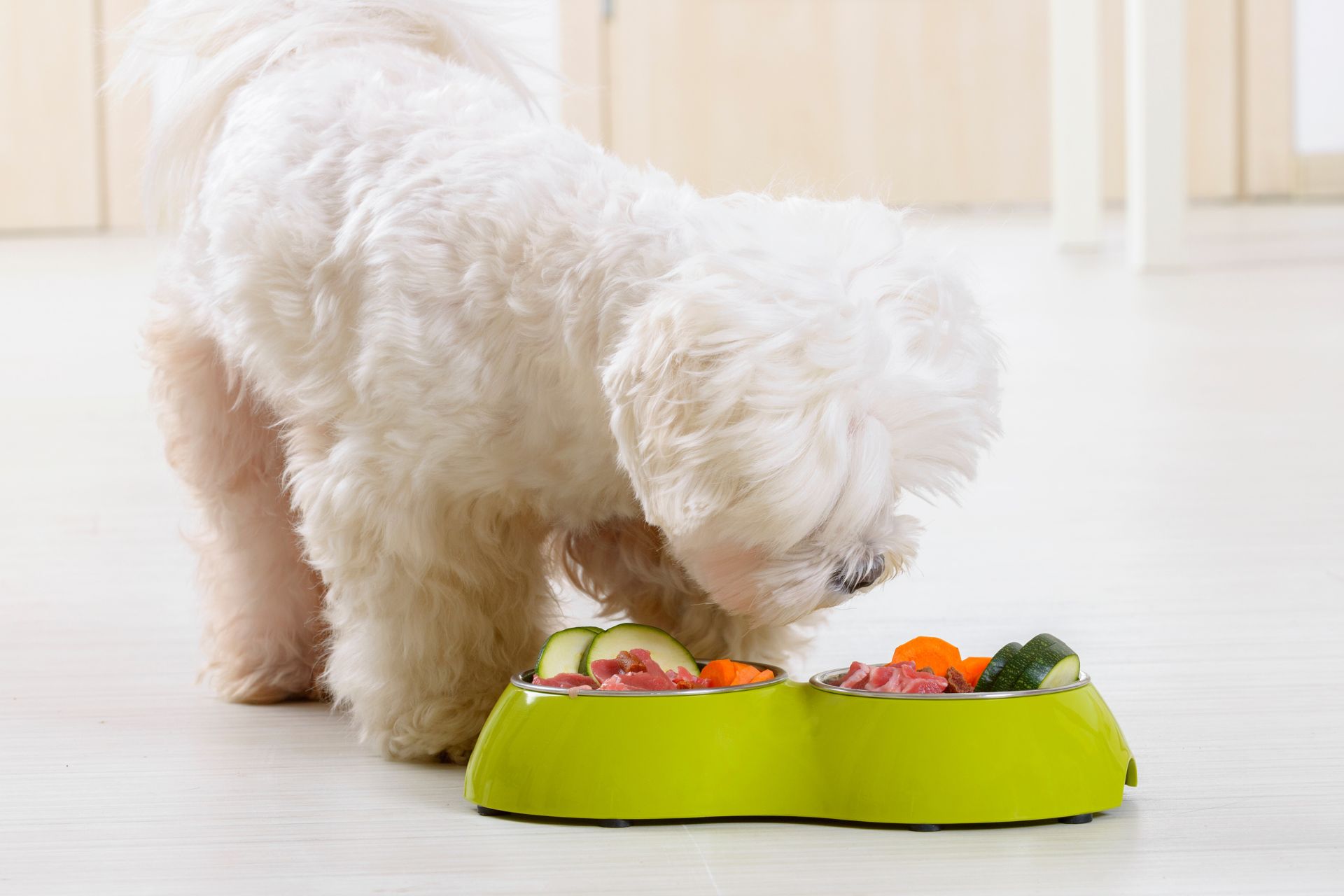Homemade Dog Food: A Guide to Healthy and Tasty Meals
Homemade dog food is an excellent way to ensure your furry friend is getting the best nutrition possible. With complete control over the ingredients, you can provide your dog with high-quality proteins, vegetables, and grains that will keep them healthy and happy. Just be sure to consult with your vet before making any changes to their diet and remember to tailor their meals to meet their specific nutritional needs. By making homemade dog food, you’ll not only improve your dog’s health but also strengthen the bond between you and your furry friend.
Introduction
Dogs are more than just pets; they are our companions, our confidants, and our best friends. It’s no wonder that we want to give them the best possible care, including providing them with healthy, nutritious food. While store-bought dog food is convenient, it can often be filled with preservatives, artificial flavors, and other ingredients that aren’t great for our furry friends. That’s why many dog owners are turning to homemade dog food. In this article, we’ll show you the benefits of making your own dog food, how to create healthy and tasty meals for your pup, and answer some common questions about homemade dog food.
Benefits of Homemade Dog Food
Making homemade dog food has several benefits, including:
Better nutrition: When you make your own dog food, you have complete control over the ingredients. You can choose high-quality meats, vegetables, and grains that provide all the necessary nutrients your dog needs to stay healthy.
No fillers or additives: Many commercial dog foods contain fillers like corn or wheat, which provide little nutritional value. Homemade dog food allows you to avoid these fillers and additives.
Tailored to your dog’s needs: Every dog is different, and they have different nutritional needs based on their age, breed, and activity level. With homemade dog food, you can tailor your dog’s diet to their specific needs.
Improved digestion: Some dogs have sensitive stomachs and may not tolerate certain ingredients in commercial dog food. Homemade dog food can be easier on their digestive system.
Creating Homemade Dog Food
Making homemade dog food is easier than you might think. Here’s how to get started:
Consult with your vet: Before making any changes to your dog’s diet, it’s essential to talk to your vet. They can help you determine your dog’s nutritional needs and any dietary restrictions.
Choose your ingredients: You’ll need a combination of protein, vegetables, and grains for your dog’s meals. Some good options for protein include chicken, turkey, beef, and fish. For vegetables, choose leafy greens like spinach and kale, and starchy vegetables like sweet potatoes and carrots. Brown rice, quinoa, and oats are good grain options.
Cook the food: Once you have your ingredients, cook them together in a large pot. Be sure to chop the vegetables and meat into small pieces so that your dog can digest them easily.
Store the food: Homemade dog food can be stored in the refrigerator for up to five days, or in the freezer for up to three months. Make sure to label the containers with the date so that you know when they were made.
Homemade Dog Food FAQs
Q: Is homemade dog food more expensive than commercial dog food? A: It can be, depending on the ingredients you choose. However, you can often save money by buying ingredients in bulk and preparing large batches of food at once.
Q: Can I feed my dog a raw food diet? A: Raw food diets are becoming increasingly popular, but they can be risky. Raw meat can contain bacteria that can make your dog sick. It’s essential to talk to your vet before feeding your dog a raw food diet.
Q: Can I give my dog table scraps? A: Some table scraps are safe for dogs, but others can be harmful. Avoid giving your dog anything with bones, chocolate, onions, or garlic. Also, be mindful of the portion size – table scraps should only make up a small portion of your dog’s diet.
Q: Can I make homemade dog food if my dog has dietary restrictions? A: Yes, homemade dog food is a great option for dogs with dietary restrictions. You can tailor the ingredients to meet your dog’s specific needs. Just be sure to consult with your vet before making any changes to their diet.
Q: Can I give my dog vitamins or supplements? A: While homemade dog food can provide all the necessary nutrients your dog needs, some dogs may benefit from vitamins or supplements. Talk to your vet to see if your dog needs any additional supplements.
Conclusion
Homemade dog food is an excellent way to ensure your furry friend is getting the best nutrition possible. With complete control over the ingredients, you can provide your dog with high-quality proteins, vegetables, and grains that will keep them healthy and happy. Just be sure to consult with your vet before making any changes to their diet and remember to tailor their meals to meet their specific nutritional needs. By making homemade dog food, you’ll not only improve your dog’s health but also strengthen the bond between you and your furry friend.



